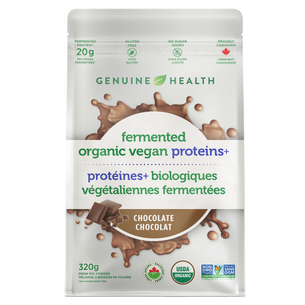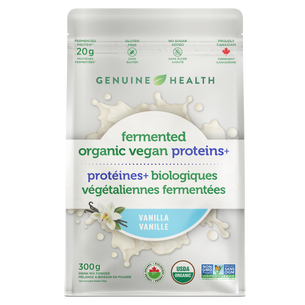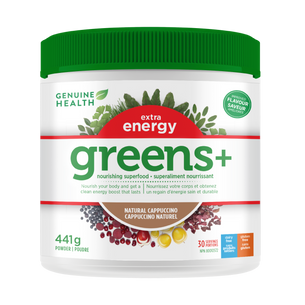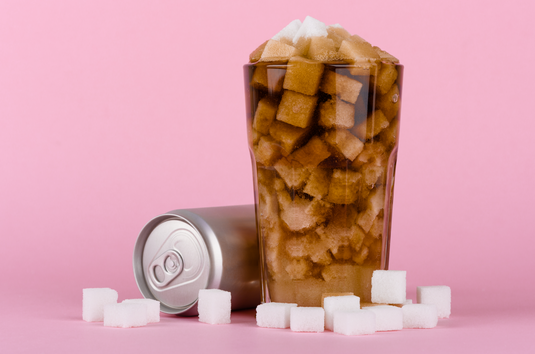How to Intermittent Fast
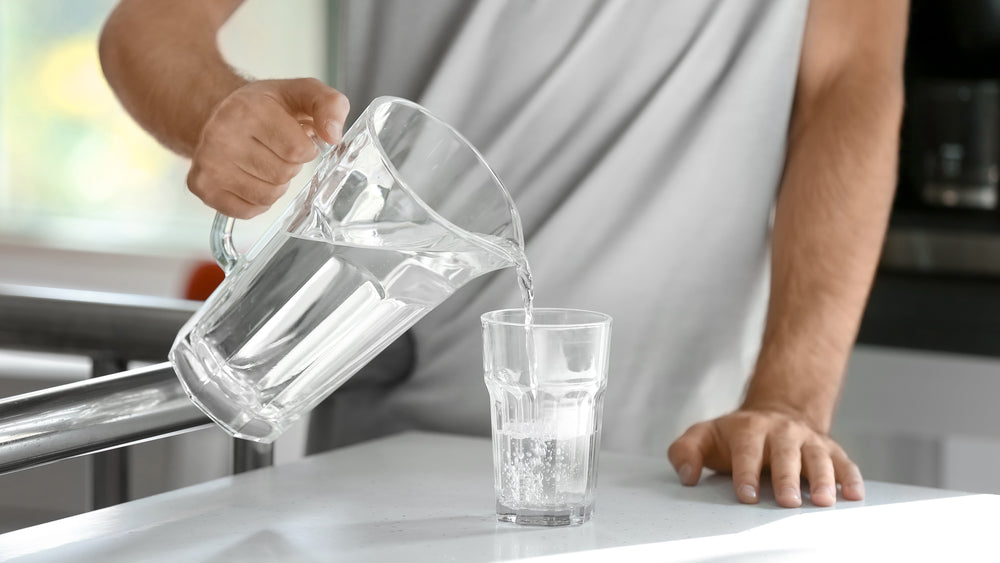
The Ultimate Guide to Intermittent Fasting (Part 3)
Now you’ve learned the benefits of Intermittent Fasting, the type of IF that is likely suited to you… and now it’s time to learn how to fast! In the last part of Dr. Marr’s IF series, he breaks down EXACTLY how you should fast, including:
- What you should and should not consume when fasting
- How to break a fast the right way
Plus, Dr. Marr shares his own IF protocol.
Is it acceptable to consume certain foods when fasting?
Technically, the answer is no. Generally speaking, fasting, by definition, means not consuming anything with any caloric intake (water is OK). Physiologically, anything that causes an appreciable insulin response breaks your fast. Any amount of carbohydrates almost certainly, and even tiny amounts of proteins or fats probably break a fast too. If it has calories, it technically breaks a fast. If you want to bend the rules a bit, anything above 50kcal will definitely break any physiological benefits we may be assuming from fasting, but we might be able to get away with an intake of less than this.
But assuming you’re doing IF for weight loss, and fat loss, it might not matter. It all depends on the outcomes you’re trying to achieve. If it’s strictly for weight loss, there is likely less strictness needed and small level of caloric intake during the fasting window is likely overcome by physiological/metabolic benefits of some foods. For instance, coffee on its own has almost no calories, and so is OK to consume during a fasting period, but adding healthy fats like medium-chain triglycerides (MCTs) and/or butter to your coffee will technically break your fast. But because MCTs may also facilitate fat loss and metabolic benefits, the net effect is likely still in favour of weight loss.
Items that will NOT break the benefits of fasting:
- Water, carbonated water
- Coffee has close to zero calories. If taken black, caffeine also mobilizes fatty acids and increases metabolism and thermogenesis.
- Green Tea contains epigallocatechin gallate (EGCG), another nutrient and antioxidant that mobilizes fat for metabolism, and a small amount of caffeine.
- Creatine, Beta-alanine, Glutamine are OK
Items that WILL break your fast and likely cause a spike in insulin:
- Herbal Teas that contain fruit such as apples or berries. Fruit, even dehydrated, contains fructose.
- Juice
- Medium-chain Triglycerides contain 8kcals/g and they are still digested, and are still calories.
- Coconut Oil
- Cream, creamers
- Bulletproof coffee (butter/ghee/MCTs)
- Bone broth
- Collagen, Protein powders, BCAAs (esp. leucine) and almost any/all “Pre-workout” drinks or supplements
- Truvia/erythritol, maltodexrin, dextrose
- Ketones (exogenous) do break a fast but their metabolic benefits are likely still going to promote weight loss
- CBD Oils
- Superfoods and greens powders
The Jury’s Out on whether the following foods break the benefits of fasting:
- Apple Cider Vinegar (ACV) and/or Lemon Juice - Probably OK net effect-wise. Technically ACV does have calories, but it also helps to limit glucose absorption, and lemon juice may yield a limited insulin response.
- Nicotine (ie. vaping, smoking) & marijuana
- Herbal Teas
Why aren’t superfoods and greens powders acceptable on a fast?
The fact that most greens powders don’t label the calories makes this a difficult discussion. The bottom line is that anything with calories technically breaks a fast, and superfoods powders typically range from 30-100 calories per serving. The question of whether it matters physiologically is dependent on what goals you’re trying to achieve.
It’s generally accepted that anything over 50 calories should have a major impact on physiological processes, but that’s not really a scientifically proven fact, nor is it specific to individual body size or metabolism.
How to Break a Fast
Ideally, when your body comes out of a fasting state, you want to provide it with a comprehensive meal that stimulates your metabolism, promotes good digestion and absorption, and fuels your body with the most important nutrients.
I generally recommend breaking a fast with a protein and greens shake or smoothie. A protein source with a comprehensive amino-acid profile, lots of colourful vegetables, and that isn’t too high in carbohydrates fits the bill by delivering a good dose of protein (20g or more), lots of vitamins and minerals with a big dose of antioxidants and some fiber.
Dr. Marr’s Weekday Fasting Regimen
Like many of the urban professionals I work with, I typically fast from 7pm at night after dinner until 9am the next morning. Shortly after I have my morning coffee (black, organic fair-trade beans hand-ground in a ceramic grinder), I break my 14-hr fast with my 15-second shake: One scoop each of Genuine Health’s fermented organic vegan proteins+ (Chocolate) and greens+ extra energy (Cappuccino) in water or coconut milk, a couple ice cubes into my shaker cup and I’m out the door and on my way to the office.
What’s your IF plan? I’d love to hear what’s working for you and what’s not!
